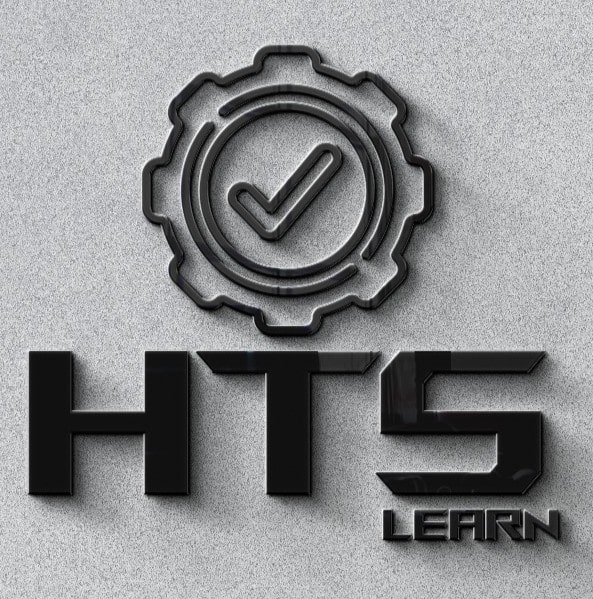Career Path of a Java Full Stack Web Developer in 2024
Education and Skills Development:
Education:
Java Full Stack Developers typically have a degree in computer science, software engineering, or a related field. Self-taught developers also thrive, learning through online courses, bootcamps, and practical experience.Key Skills:
Proficiency in Java (including frameworks like Spring), web technologies (HTML, CSS, JavaScript), and databases (SQL and NoSQL) is essential. Understanding of cloud platforms (AWS, Azure, GCP) is a plus.
Entry-level Positions:
Junior Java Full Stack Developer roles involve learning and implementing basic functionalities using Java, web technologies, and databases under senior developers guidance.Mid-level Positions:
Mid-level Java Full Stack Developers take on more complex projects, design full-stack architectures, and optimize applications for performance and scalability.Senior/Lead Positions:
Senior Java Full Stack Developers or Leads lead teams, define technical strategies, and ensure robustness, scalability, and security of Java web applications.Specialization and Career Advancement:
Java Full Stack Developers may specialize in areas like backend development, DevOps, cloud development, or mobile application development using frameworks like React Native.Industry Trends in 2024:
Microservices and APIs:
Understanding and implementing microservices architecture and designing RESTful APIs are becoming more important for Java Full Stack Developers.Cloud Development:
Proficiency in deploying and managing Java web applications on cloud platforms like AWS, Azure, or GCP is increasingly valuable.DevOps Practices:
Familiarity with DevOps tools and methodologies for continuous integration and deployment (CI/CD) is becoming an essential skill.Security Focus:
Strong understanding of security best practices for Java web applications and data protection is crucial.
Remote Work and Collaboration:
Java Full Stack Developers often work remotely, collaborating with teams using communication and project management tools like Slack, GitLab, and Jira.Continuous Learning:
Staying updated with new Java frameworks, cloud technologies, security best practices, and DevOps tools through online courses, certifications, and attending conferences is crucial for Java Full Stack Developers.
